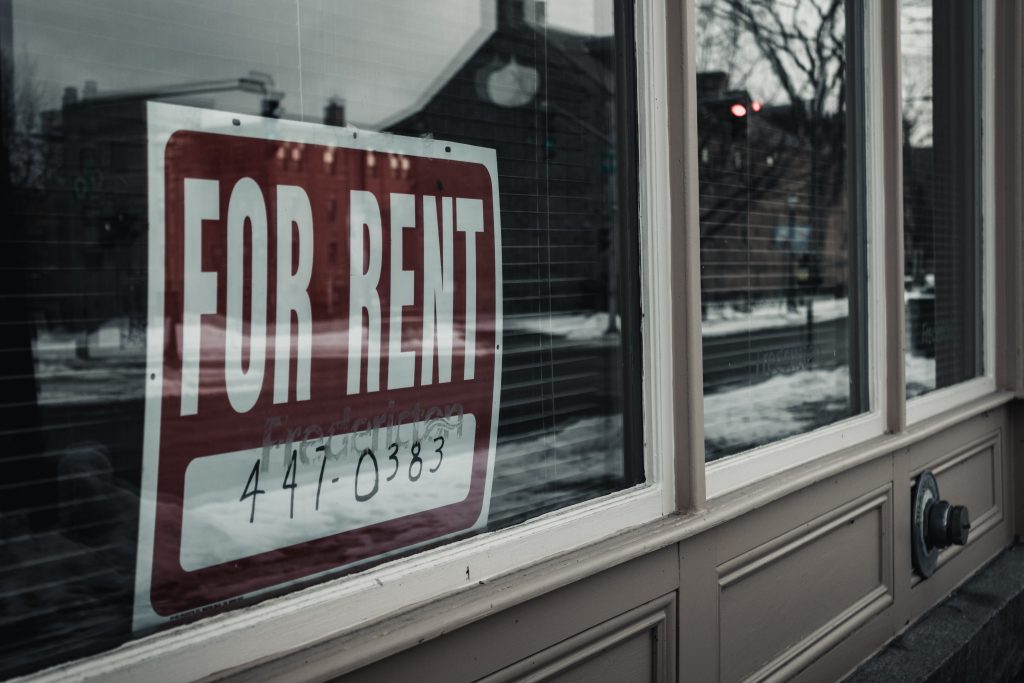
Renters Insurance & Why You Need It.
Renters insurance is a type of insurance that provides coverage for personal property and liability in the event of damage or loss in a rental property. It can also provide additional living expenses if the rental property becomes uninhabitable due to a covered loss. Renters insurance is typically less expensive than homeowners insurance and is often required by landlords as a condition of the lease agreement.
One of the main benefits of renters insurance is that it provides coverage for your personal property in case it is damaged or stolen. This can include items such as furniture, electronics, clothing, and jewelry. The coverage can also extend to items that are temporarily away from the rental property, such as when you’re on vacation. This can give you peace of mind knowing that your personal possessions are protected.
Another benefit of renters insurance is that it provides liability coverage. This means that if someone is injured in your rental property and sues you, the insurance can help cover the costs of legal fees and any damages that may be awarded. It can also provide coverage for any medical expenses that may be incurred as a result of the injury.
Renters insurance can also provide coverage for additional living expenses if your rental property becomes uninhabitable due to a covered loss. This can include things like hotel costs, restaurant expenses, and other costs associated with temporarily relocating. This coverage can be particularly useful in the event of a fire or natural disaster.
When purchasing renters insurance, it’s important to consider the value of your personal property and choose a coverage limit that will adequately protect your belongings. It’s also important to review the policy’s exclusions, to make sure that you understand what is and isn’t covered.
Renters insurance is an important consideration for anyone who rents a property. It can provide peace of mind knowing that your personal property and liability are protected. It’s typically less expensive than homeowners insurance and is often required by landlords as a condition of the lease agreement. By considering the value of your personal property and reviewing the policy’s exclusions, you can ensure that you have the coverage you need to protect yourself and your belongings.
